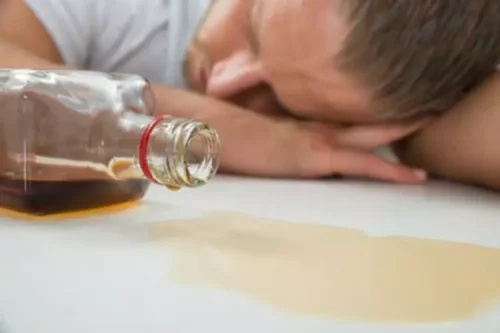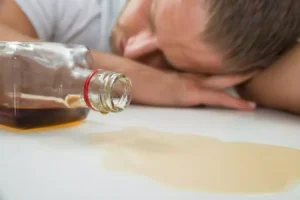
Depending on the severity of the brain fog and other related symptoms, a healthcare provider may recommend medication, therapy, or other interventions to support recovery. Seeking professional help can be essential in managing brain fog and promoting overall well-being. Sometimes, brain fog may go away on its own within a few days or weeks after quitting drinking. This can be especially true for individuals who have not been drinking for an extended period or who have mild to moderate alcohol use disorder. If you are experiencing brain fog after quitting drinking, you may wonder if it will go away on its own.
- It can make it difficult for you to focus, remember things, or even have a conversation.
- Even after having just one drink, these diuretic effects kick in.
- These can include anxiety, depression, irritability, and sleep disturbances.
- If you’re struggling with alcohol addiction, it’s important to consider starting an addiction treatment or healthy withdrawal program.
- Aim for at least eight glasses of water per day, especially after consuming alcohol.
The Impact of Alcohol Brain Fog on Daily Life
Gender also plays a role, as alcohol affects women and men differently. If an individual is experiencing severe or persistent symptoms, seeking professional help may be necessary. A healthcare professional can provide a thorough evaluation and diagnosis and recommend an appropriate treatment plan.

Is alcohol brain fog a sign of a serious medical condition?
- People who drink heavily can also be at risk of alcohol poisoning.
- If they relapse, they can always return to inpatient care or try a new sobriety strategy out.
- However, if you’re struggling with brain fog or other symptoms of alcohol withdrawal, it’s important to seek professional help.
- So, if you’re constantly feeling foggy, even when you haven’t been drinking, it’s a good idea to chat with a doctor.
Learn about the stages of divorce grief and discover effective strategies for Alcoholics Anonymous coping and healing. Cognitive exercises, like puzzles and memory games, can help sharpen your mind. Even simple things like reading or learning a new skill can be beneficial for your brain.
Public Health

Many people who drink alcohol experience brain fog, and it can be quite debilitating. Fortunately, there are ways to get rid of brain fog after drinking. If you want to cut back on your alcohol consumption and boost your brain health, consider trying Reframe.
One of the primary reasons why alcohol causes brain fog is dehydration. Alcohol is a diuretic, meaning it causes the kidneys to produce more urine to remove alcohol’s toxins from the body. In that process, you also lose a lot of the water your body needs for optimal cognitive function. If you find that brain fog persists or is significantly affecting your daily life, consider consulting with a healthcare professional. They can provide personalized guidance and support, and help you navigate any underlying issues. It is important to remember brain fog from drinking that your body is going through a lot when you first stop drinking alcohol.


